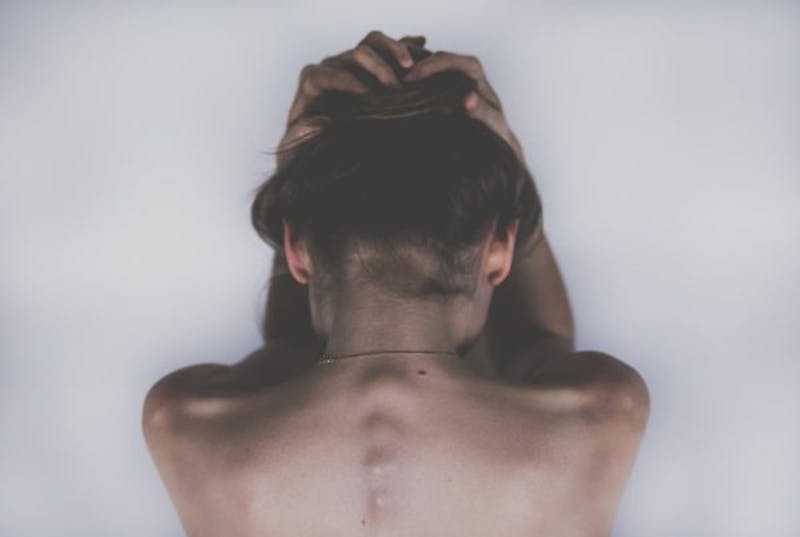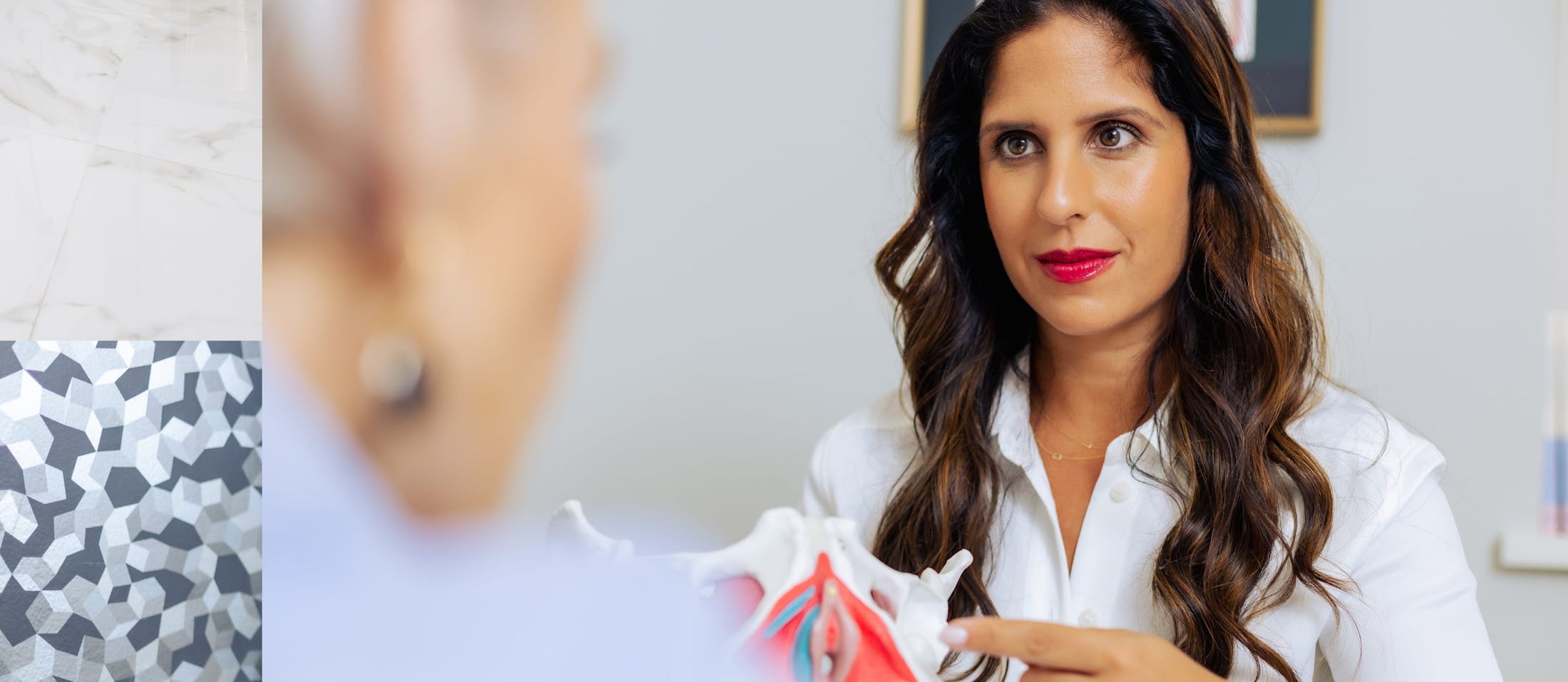
Recently diagnosed with Interstitial Cystitis and trying to figure out exactly what this really means? I get this question almost every day. Actually, truth be told, I get this question multiple times a day. The diagnosis of Interstitial cystitis can often be daunting. Searching the internet for advice can seem dismal. But I’m here to tell you that there’s HOPE. Yes, and there’s lots of it.
First off, let’s take a step back. What got you here to begin with? Did you notice unrelenting pain in your pelvis? Maybe it isn’t that dramatic. Maybe it’s the subtle need to pee almost everywhere you go. Maybe you can pinpoint every bathroom from here to Los Angeles. OR maybe, just maybe, it feels like you have a migraine, it’s just in your pelvis! Regardless, it’s important to understand a few basic facts about this diagnosis that will make it easier to understand in order to move forward.
Just because you’ve been told you have IC, doesn’t mean you actually do. That’s right I said it. Diagnosing IC is complex. It’s often a diagnosis that’s thrown out there when one has symptoms of pain without a clear etiology. It’s often confused with other pelvic pain disorders such as endometriosis, pelvic floor dysfunction, or vulvodynia. Better yet, it can often times occur in conjunction with these other disorders making diagnosis and management more difficult. Diet is all the rage. And while that’s partially true. Eliminating all foods from your diet will not magically “cure” IC. Don’t get me wrong. Diet can play a role in symptomatology. Why? Diet and IC have a long-standing relationship. No one actually knows exactly what causes IC. If someone tells you they do, then I would love to be the first to meet them. There are however, multiple hypotheses on the causes of IC. One is that IC is related to a disruption in the G-A-G (glycosaminoglycan) layer of the bladder. Think of this layer as a protective coating for the bladder. If there are holes in the protective coating then certain foods (acidic, spicy, irritative) can “seep through” and cause increased bladder pain and irritative voiding symptoms such as frequency and urgency.
Take a minute to digest this information. (Literally. Because who doesn’t like puns?)
In addition, while this is true, its important to note that NOT all patients with IC are diet sensitive. So if you are reading this and are saying “hey, diet doesn’t effect my symptoms” it doesn’t take you out of the equation. In fact, when looking at the data determining the association between dietary triggers and IC, selection bias often plays a role. Think about it, those who are sensitive to foods are more likely to respond to surveys about food sensitivity! Take home point: dietary triggers can play a role in IC. Operative word: can.
IC doesn’t often act alone. In fact, most times, it acts in conjunction with pelvic floor dysfunction, vestibulodynia (formerly vulvodynia), or endometriosis. In fact, certain other conditions such as IBS, constipation, fibromyalgia, and migraines can also be associated. More on that later! BUT…the important take away is that since IC doesn’t always act alone, treatment involves treating all layers of the problem. Unfortunately, having IC is not like having a common cold. There’s not a quick fix, with a single med that will likely “cure” the issue. Treatment involves a multi-modal approach addressing all aspects of the symptoms including concomitant diagnoses. Success lies in layering therapy. This goes beyond simple medications and often involves utilizing physical therapy, behavioral modifications and lifestyle changes. With the understanding that change takes time.
Don’t lose hope. The truth is, with proper diagnosis and management, the prognosis is NOT dismal although this is what many think when they start searching. Your perspective and your attitude determines your success. Keeping in mind that change can often be slow and disguised in the subtleties.
Was this helpful to you? Do you want to learn more? Sign up for the PelvicPainDoc newsletter for more information.
Let’s connect! I’m social! Follow me on Instagram and facebook @pelvicpaindoc! Stay tuned!

